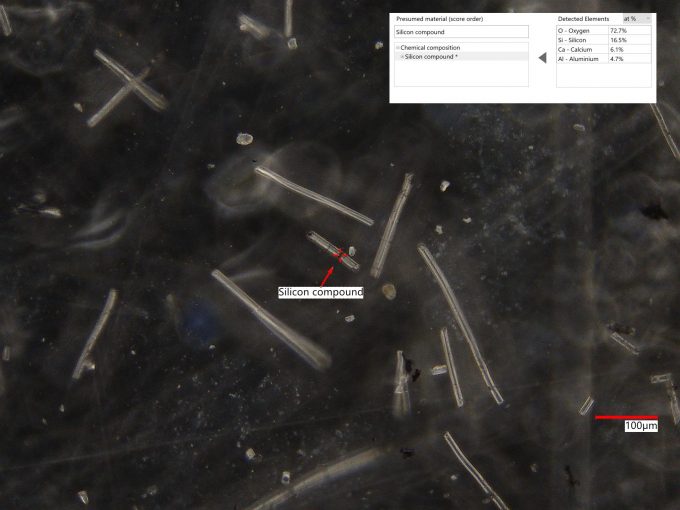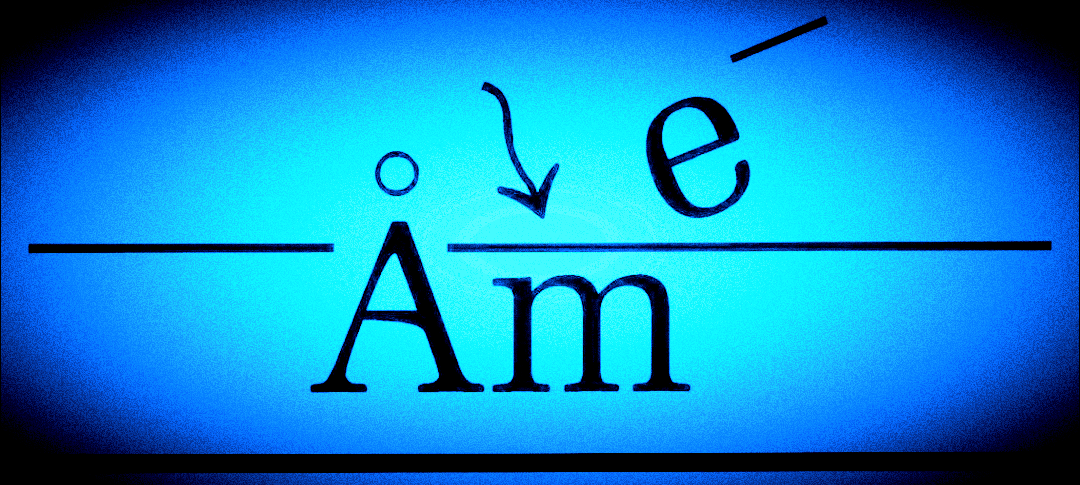Comprehensive Glass and Fiberglass Analysis
At Anderson Materials Evaluation, we specialize in glass analysis and fiberglass analysis, providing detailed insights into the composition and properties of these materials. Our services include:
Composition Analysis
- WD-XRF Analysis: Quantitative composition for elements from fluorine to uranium with low detection limits.
- Laser-Induced Breakdown Spectroscopy (LIBS): Quickly identify elements like aluminum, calcium, sodium, lead, or boron in glass, and distinguish fiberglass fibers from polymer fibers.
- GC-MS (Gas Chromatography-Mass Spectroscopy) Analysis: Identify organic coatings and residues, and measure contaminants on glass surfaces.
Surface and Structural Analysis
- XPS or ESCA Surface Analysis: Elemental composition of surfaces, analysis of surface treatments and anti-reflective coatings.
- Microscopy (Optical and SEM): Locate inclusions, measure surface layer thickness, and examine coating imperfections.
- FTIR (Infrared Spectroscopy): Identify and check the uniformity of organic coatings, and examine adhesive bonds.
Thermal and Mechanical Testing
- TMA (Thermomechanical Analysis): Measure thermal expansion, softening, and glass transition temperatures.
- TGA (Thermogravimetry): Measure fiberglass and silica particulate weight in composite materials.
- DSC (Differential Scanning Calorimetry): Measure melting or softening temperatures.
- Thermal Conductivity Measurements
Other Property Measurements
- Dielectric Measurements
- Density Measurements
- Index of Refraction Measurements
- Compressive Strength Measurements
Applications of Glass and Fiberglass Analysis
- Determining composition for optical cables, lenses, and other glass products.
- Investigating surface hardening, toughening, and electrostatic properties.
- Analyzing adhesive bonding failures in glass and fiberglass composites.
- Measuring thermal expansion and softening temperatures.
- Identifying causes of tempered glass shattering and examining coatings for imperfections.
- Characterizing silane coupling agents and surface treatments for adhesive bonding.
- Detecting and measuring organic contaminants and coatings on glass surfaces.
ASTM Test Methods
- ASTM C1666: Alkali Resistant (AR) Glass Fiber for GFRC.
- ASTM D578: Glass Fiber Strands.
- ASTM D1577: Linear Density of Textile Fibers.
- ASTM D2256: Tensile Properties of Yarns.
- ASTM D2584: Ignition Loss of Cured Reinforced Plastics.
- ASTM D3800: Density of High-Modulus Fibers.
- ASTM D4963: Ignition Loss of Fiber Glass Strands and Fabrics.
Contact Us
For your glass and fiberglass testing needs, contact us today. Our team is ready to provide detailed analysis and comprehensive reports. For more information about our glass analysis process and additional case studies, please visit our detailed glass analysis page.


